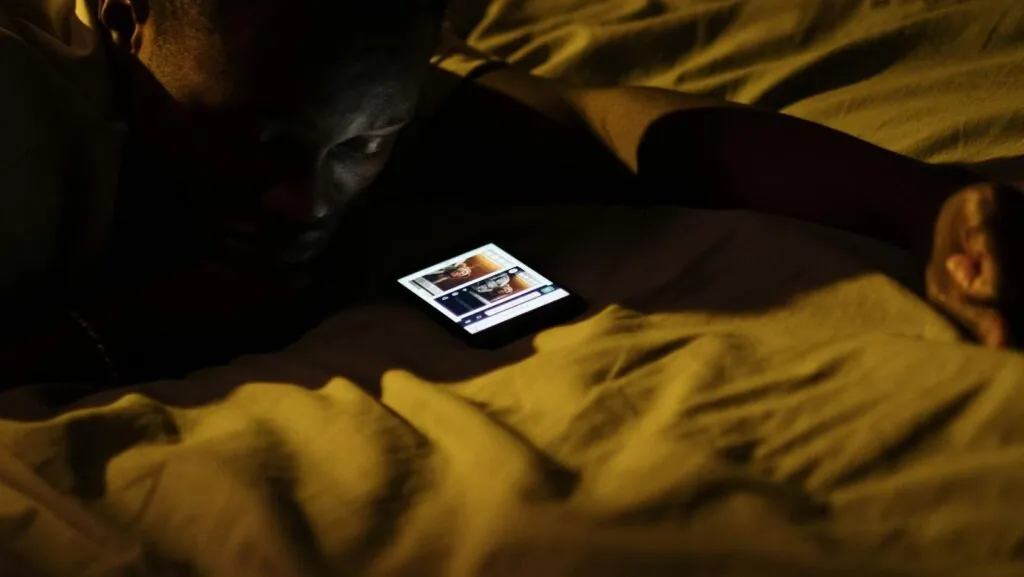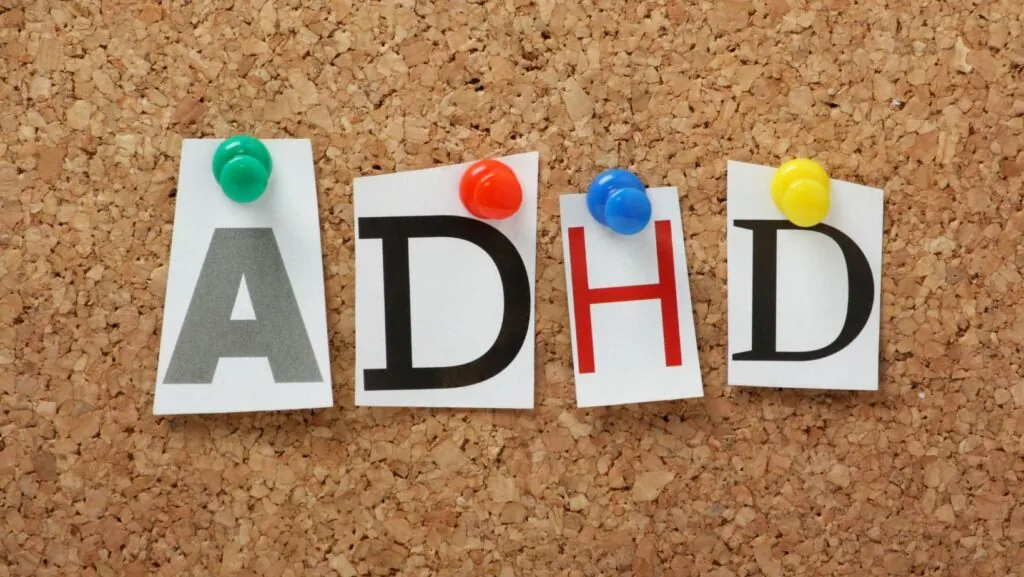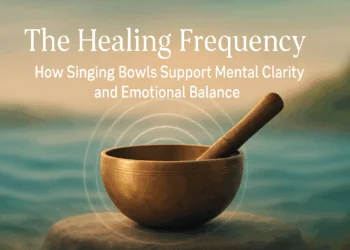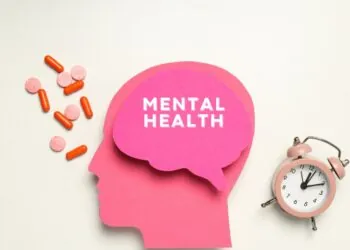Ny’L Thompson – LCSW-C, M.S at ADHD Advisor says: As a licensed therapist specializing in Attention Deficit Hyperactivity Disorder (ADHD), I have seen firsthand how the digital age impacts mental health, particularly among individuals with ADHD. Social media, an omnipresent force in modern life, offers both potential benefits and challenges for those with ADHD. This article delves into the complex relationship between social media and ADHD, providing insights and practical advice for managing its use effectively.
Understanding ADHD and Social Media
ADHD is characterized by symptoms such as inattention, hyperactivity, and impulsivity. These symptoms can make everyday tasks challenging, and the constant stimulation and distraction of social media can exacerbate these difficulties. However, social media can also serve as a valuable tool for connection and education, provided it is used mindfully.
The Challenges of Social Media for Individuals with ADHD
Increased Distractibility
One of the core challenges of ADHD is difficulty maintaining focus, and social media platforms are designed to capture and hold attention through a barrage of notifications, updates, and endless content feeds. For individuals with ADHD, this can lead to increased distractibility and difficulties in staying on task.
In my practice, I have observed that many clients with ADHD struggle with time management, often finding themselves lost in the endless scroll of social media. This not only impacts productivity but also leads to frustration and a sense of being overwhelmed.
Impulsivity and Instant Gratification
Social media’s design caters to instant gratification, providing immediate feedback through likes, comments, and shares. For individuals with ADHD, who often exhibit impulsivity, this can be particularly problematic. The constant need for immediate rewards can result in excessive social media use, interfering with daily responsibilities and routines.
A client once described his social media experience as a “never-ending loop” of seeking validation and entertainment, which made it difficult for him to focus on work or even engage in face-to-face interactions.
Sleep Disruption
Another significant concern is the impact of social media on sleep. Many individuals with ADHD already struggle with sleep issues, and the engaging nature of social media, especially before bedtime, can intensify these problems. Also, the mental stimulation from social media can reduce sleep quality.
The Positive Aspects of Social Media for Individuals with ADHD
Community and Support
Despite these challenges, social media also offers unique benefits for individuals with ADHD. One of the most significant advantages is the sense of community and support it can provide. Online support groups and forums allow individuals with ADHD to connect with others who understand their experiences, share coping strategies, and provide emotional support.

In my experience, clients who participate in these online communities often feel less isolated and more understood. These platforms can be a lifeline for those seeking validation and companionship.
Educational Resources
Social media is also a treasure trove of educational resources related to ADHD. Many platforms feature accounts and groups dedicated to ADHD awareness and education, offering tips on managing symptoms, staying organized, and finding professional help.
For instance, one of my clients discovered a YouTube channel that provided practical advice on time management specifically tailored for individuals with ADHD. This resource became an invaluable tool in helping her develop better organizational skills.
Creative Outlets
Platforms like Instagram, TikTok, and YouTube offer creative outlets for individuals with ADHD to express themselves and showcase their talents. Engaging in creative activities can be therapeutic, providing a positive way to channel hyperactivity and impulsivity.
I recall working with a young artist with ADHD who used Instagram to share her artwork. The platform not only gave her a sense of accomplishment and pride but also connected her with other artists, fostering a supportive and inspiring community.
Strategies for Managing Social Media Use
Given the dual nature of social media’s impact on ADHD, it’s crucial to adopt strategies that maximize its benefits while minimizing potential harms.
Setting Boundaries
Establishing clear boundaries around social media use is essential. Setting specific times of the day for checking social media can help manage time more effectively. Using apps or built-in phone features to limit screen time can also be beneficial.

I often advise my clients to create a daily schedule that includes designated social media breaks, ensuring they allocate time for other important activities like work, study, and exercise.
Mindful Engagement
Encouraging mindful engagement with social media can reduce its negative impacts. This involves being conscious of what content is consumed and how it affects emotions and behavior. Following accounts that promote positive mental health and avoiding those that trigger stress or anxiety is crucial.
For example, one of my clients decided to curate her social media feeds to include only educational and inspirational content, which significantly improved her overall mood and reduced feelings of inadequacy.
Digital Detox
Taking regular breaks from social media, known as digital detoxes, can help individuals with ADHD reset their focus and reduce dependency on instant gratification. Engaging in offline activities that promote mindfulness and relaxation, such as reading, exercise, or hobbies, can improve overall well-being.
One effective strategy is to designate one day a week as a “digital detox day,” encouraging individuals to disconnect from screens and engage in real-world interactions and activities.
Conclusion
The relationship between social media and ADHD is multifaceted, presenting both challenges and opportunities. As a therapist, I believe that with mindful and balanced use, social media can be a valuable tool for connection, support, and education for individuals with ADHD. By implementing strategies to manage social media use effectively, individuals with ADHD can navigate the digital world more confidently and enhance their mental health and well-being.












